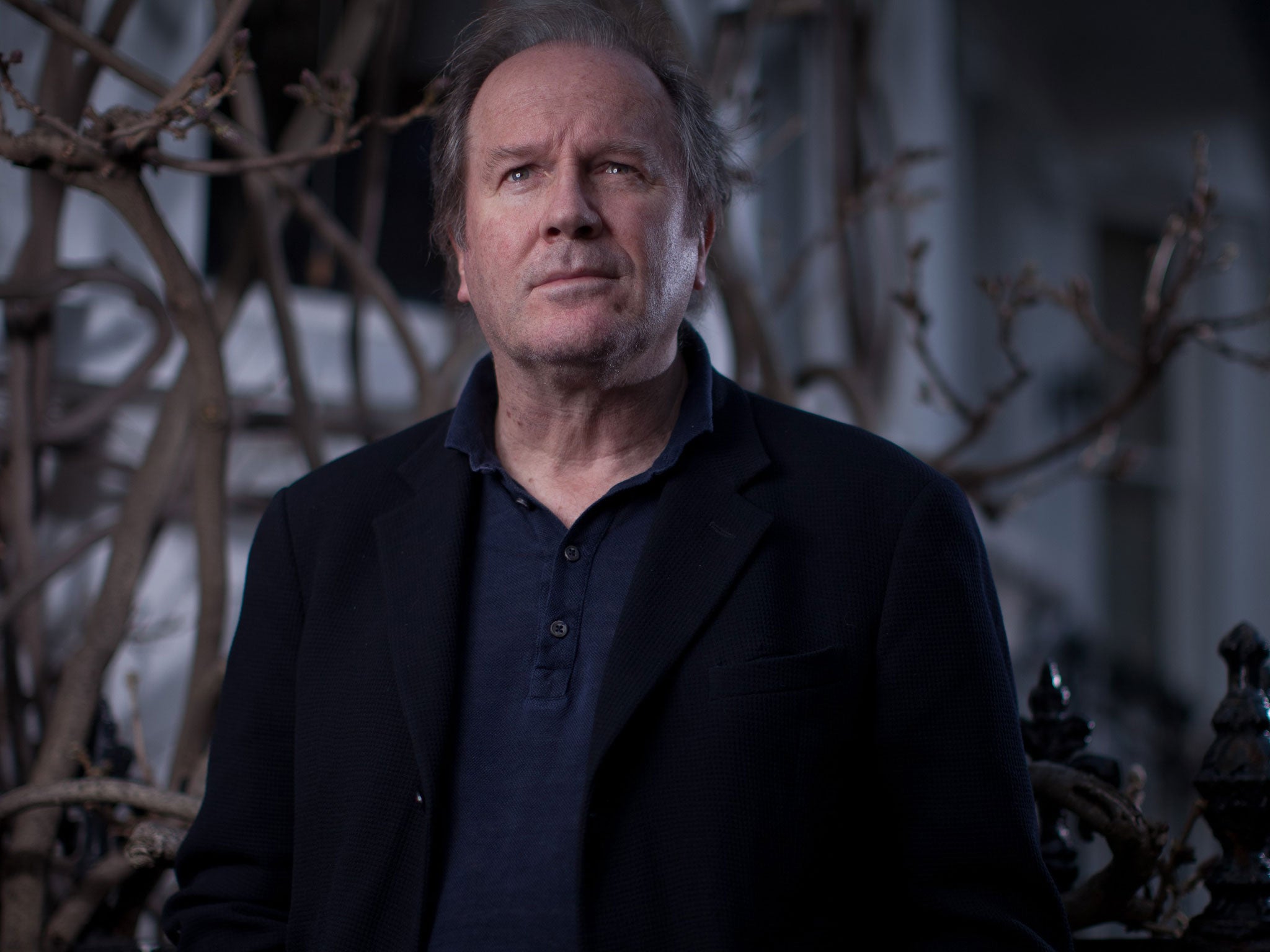Sex abuse book injunction had ‘chilling effect on free speech’
William Boyd was amongst 20 leading writers who wrote an open letter to The Telegraph arguing they were 'gravely concerned about the impact of this judgment on the freedom to read and write in Britain'

Your support helps us to tell the story
From reproductive rights to climate change to Big Tech, The Independent is on the ground when the story is developing. Whether it's investigating the financials of Elon Musk's pro-Trump PAC or producing our latest documentary, 'The A Word', which shines a light on the American women fighting for reproductive rights, we know how important it is to parse out the facts from the messaging.
At such a critical moment in US history, we need reporters on the ground. Your donation allows us to keep sending journalists to speak to both sides of the story.
The Independent is trusted by Americans across the entire political spectrum. And unlike many other quality news outlets, we choose not to lock Americans out of our reporting and analysis with paywalls. We believe quality journalism should be available to everyone, paid for by those who can afford it.
Your support makes all the difference.A ruling that a British performing artist cannot publish a book detailing the sexual abuse he suffered as a child has had a “chilling effect” on free speech, the Supreme Court was told today.
The Court of Appeal had granted an injunction last October barring publication of parts of the performer’s memoirs after his ex-wife argued that reading it could cause severe psychological harm to their 11-year-old son, who suffers from a number of disabilities.
But the performer appealed to the Supreme Court, arguing that it was vital that the voices of survivors of sexual abuse are not stifled.
At the hearing in London yesterday, Hugh Tomlinson QC said that the injunction would have a “chilling effect on free speech” arguing there was a “clear public interest in publication”. He added that the boy and his mother did not live in the UK, but in a country where the book may not be available.
“There are no immediate plans to publish the book in the country where the child lives and it is clear that proper steps need to be taken to ensure that the child does not obtain access to it, as steps are doubtless taken to avoid him being exposed to other books and material written for adults,” he said.
Mr Tomlinson told the court that the book was a “true autobiographical account” and that it was a bad thing for courts to become involved in editorship and “matters of taste”. “An injunction preventing the worldwide publication of a performing artist’s autobiographical account of the consequences of childhood sexual abuse and his recovery plainly places a severe restriction on that individual’s right to freedom of expression and the concomitant right of the public to receive that information,” he said.
Justices are expected to continue analysing the case today with a ruling expected later this year. They have ruled that no one involved can be identified in media reports or on social media channels.
The psychological well-being of the boy was “contingent on three factors”, Mr Tomlinson argued. “First the child finding relevant passages from the book quoted or referred to on the internet; second the child reading and understanding these passages; and third, the child suffering psychiatric harm as a result of reading those passages.
“None of these can be said to be certain or even likely,” he added. “By contrast the benefit conferred by the publication of the book is certain.”
The case has drawn interest from a number of high-profile authors and advocacy groups.
Last year 20 leading writers, including David Hare, Michael Frayn, William Boyd and Tom Stoppard, wrote an open letter to The Telegraph arguing they were “gravely concerned about the impact of this judgment on the freedom to read and write in Britain”.
They added: “The public is being denied the opportunity of reading an enlightening memoir, while publishers, authors and journalists may face censorship on similar grounds in the future.”
Join our commenting forum
Join thought-provoking conversations, follow other Independent readers and see their replies
Comments